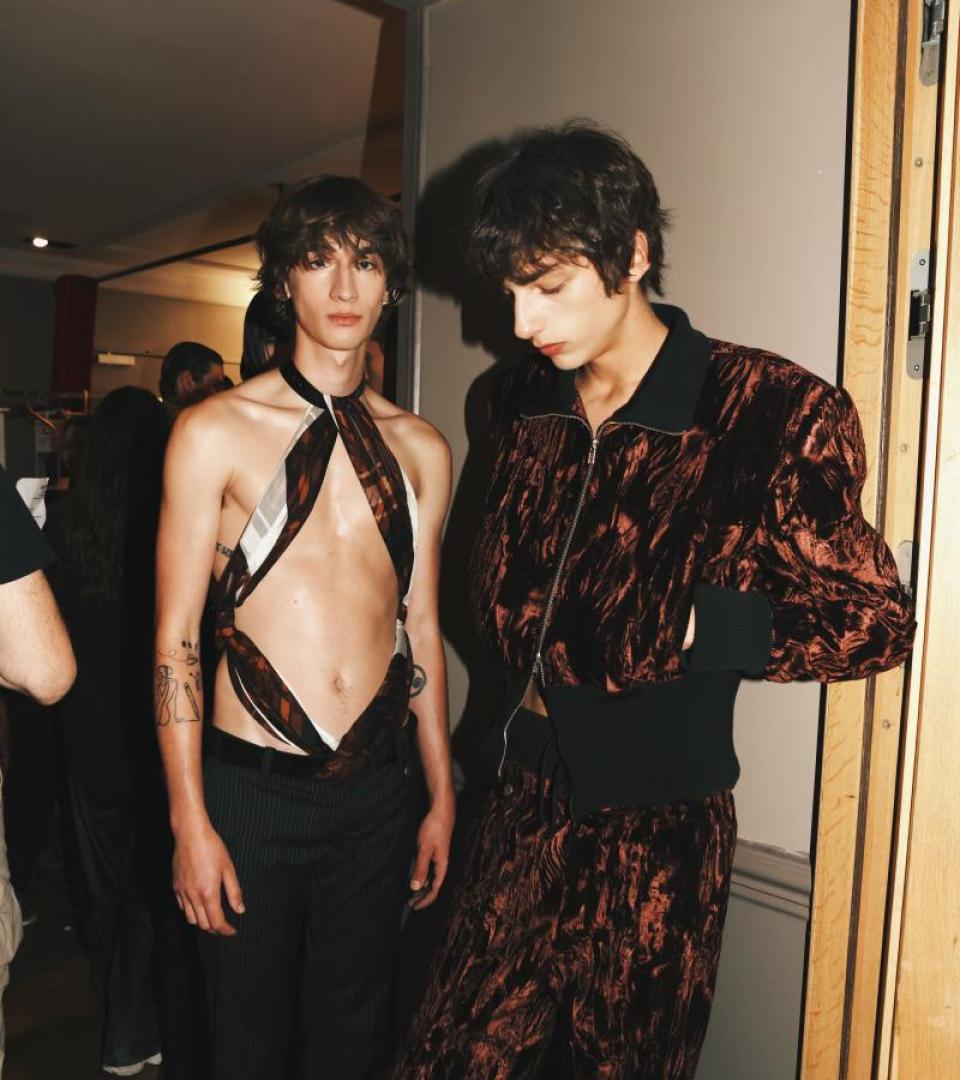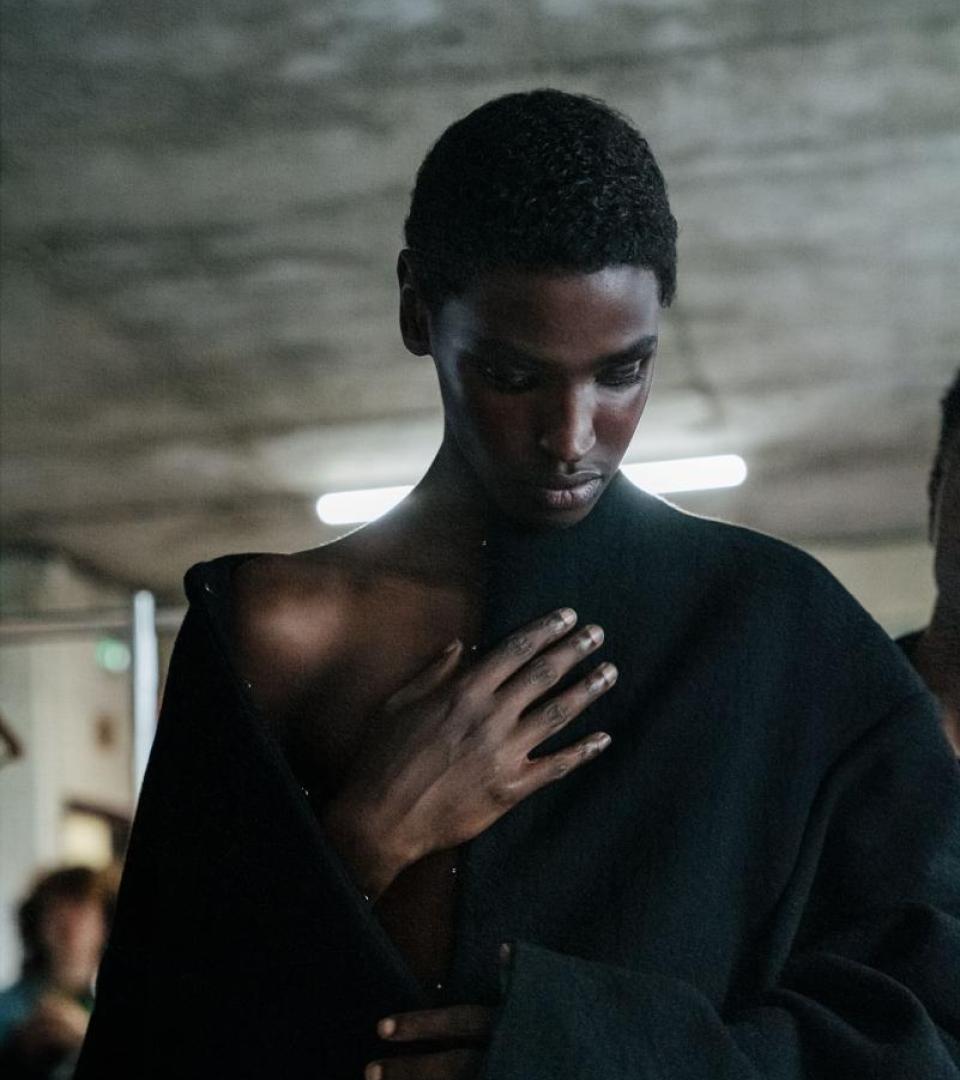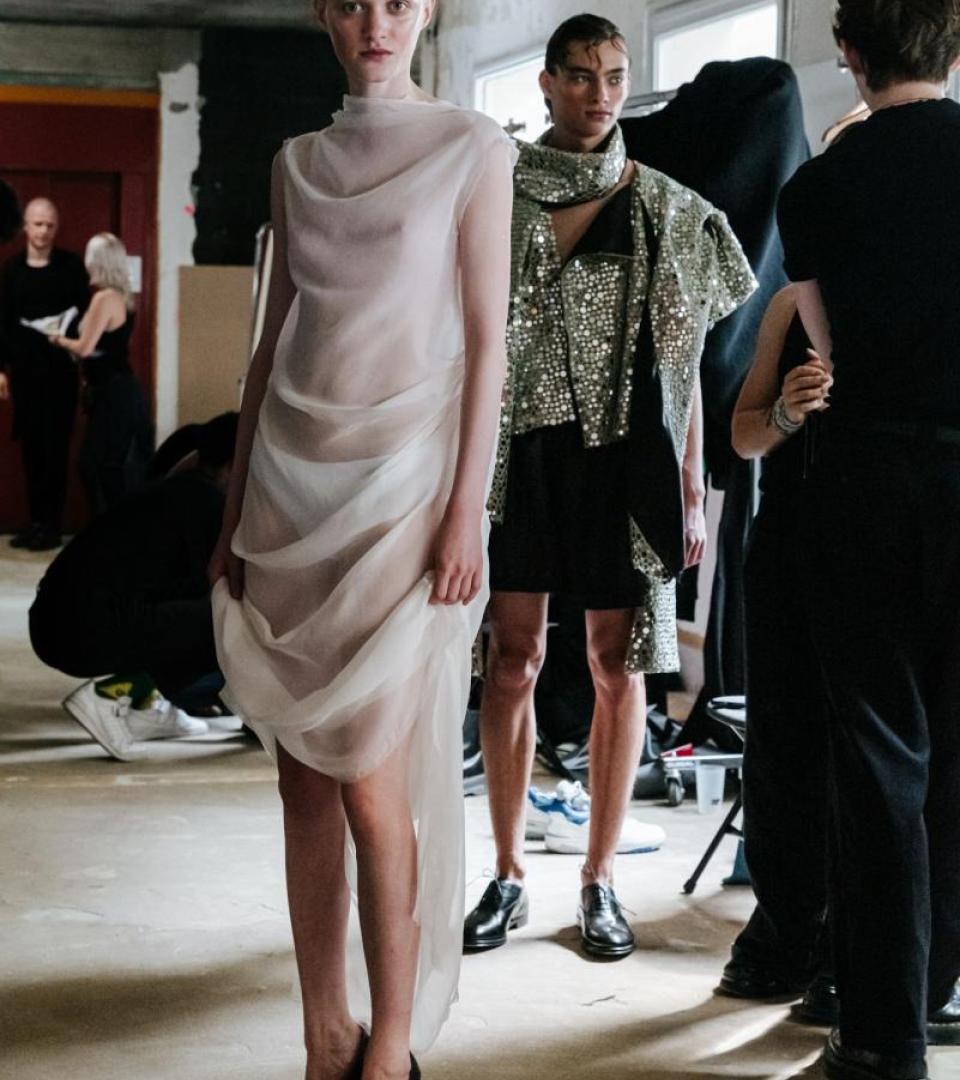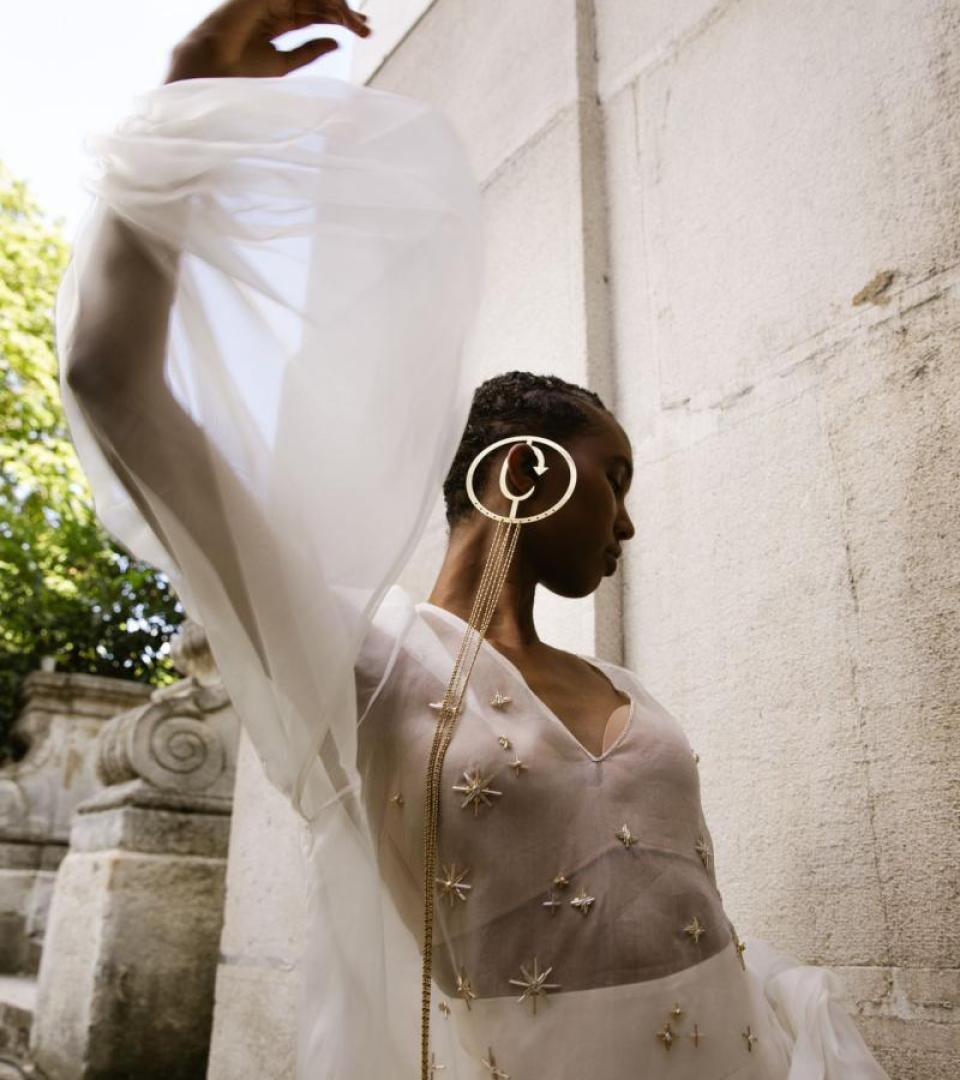A Feel for Fashion: Saveria Mendella
Saveria Mendella represents the next generation of fashion critic. Her writing transmits her informed stance on social issues, while her social media presence is dynamic and savvy. Having earned her doctoral thesis in fashion from EHESS (the School for Advanced Studies in the Social Sciences), she participates in several conferences at universities, including at La Sorbonne and the University of Sao Paulo, and hosts talks on fashion and inclusivity in partnership with various institutions. She also contributes to GQ France and appears regularly on an Instagram series for MAD, a popular Gen Z video/social media portal. But Mendella reserves her best content for own feed where her runway reviews and other pertinent posts reveal a persuasive voice that is just getting started.
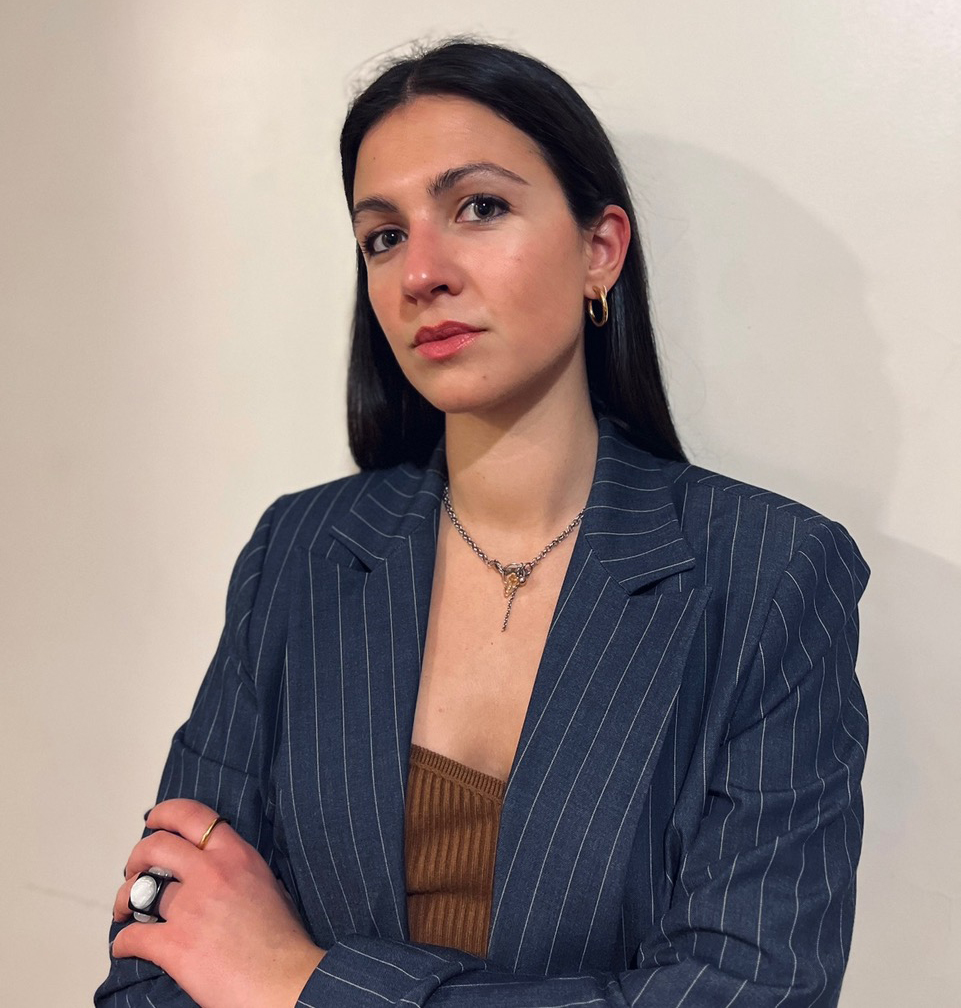
What creates an emotional response for you in fashion today?
The work of the Botter duo, the search for timeless lines at The Row, Glenn Martens opening his Diesel show to 4500 guests, the mainstream debates that fashion provokes on social networks – collectively, there is something moving here. There’s also the romanticism of fashion, in the literary sense of the term. You can find traces of it at Balmain with Olivier Rousteing as well as at Miuccia Prada. More personally, many fashion moments trigger an emotional response for me. From the craft work I sometimes have the chance to observe, to the research themes explored by certain designers, or the changes in brand’s artistic directors. The PhD process and work has taught me to take a step back from fashion events and consider fashion as a matter of sensitivities.
Often we see several designers arriving at a similar idea during a season. How do you explain this creative intuition?
I think this phenomenon only occurs with designers whose commonality is non-fashion references and who have a method of observation similar to ethnographic work. To develop collections that respond to the multiple demands of the market, you don’t just delve into a brand’s archives or know the history of fashion. You also have to stay connected to a certain reality of everyday life and surround yourself well. And despite the many existing reality bubbles in which we evolve (especially on the internet!), wearing clothes keeps us in common ways of living. These designers are connected to reality, in various forms, and are able to make accessible the research that is their own but based on common experiences. This is how trends emerge.
How do you feel about designers expressing or interpreting their worldviews in their collections?
Once, Lucien Vogel wrote that “Fashion has become an art and a summary of all arts.” Designers are undeniably artists. But they are also marketing and business professionals. As artists, I think they are right to express their vision, especially in this “century of the self.” But as brand art directors, they can’t just express their vision. They need to find meaning. A Like/Dislike is not enough anymore. We must interact collectively on the basis of “why.” In this way, the work of Grace Wales Bonner, or Marine Serre, is remarkable. The personal expression of an idea becomes a project accessible to a large public taken seriously since it is an invitation to gain knowledge. Brands do not have the primary vocation of being political, but they must justify their ultra-visibility and their constant presence.
How would you like to see fashion evolving this year?
I would like fashion to be as bold as it knows how to be, in every good sense of the word.
This interview has been lightly edited for clarity.
